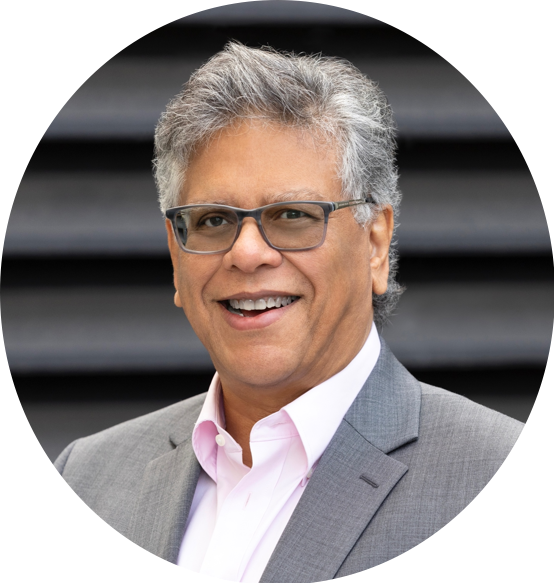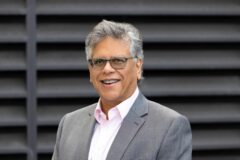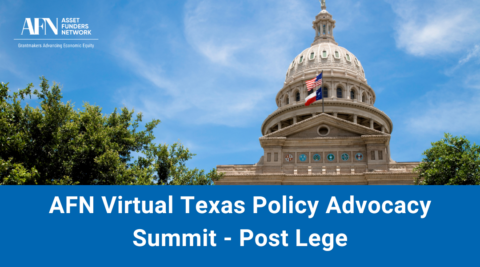 FROM THE PRESIDENT AND CEO
FROM THE PRESIDENT AND CEO
FEBRUARY 2023
“Democracy is a process, not a static condition. It is becoming rather than being. It can easily be lost, but never is fully won. Its essence is eternal struggle.”
– Judge William Henry Hastie Jr. — first Black federal judge appointed in 1937, Dean of Howard University Law School, Governor of the US Virgin Islands, Judge of 3rd Circuit Court of Appeals (the first Black appellate court judge).
Like the related ongoing struggle for a more just and inclusive democracy, economic justice is about becoming and not being. Our collective work and focus – on health justice, housing security, affordable post-secondary education, good jobs, small business opportunity, employee ownership, equitable government policies, systems that uplift community voices, reparations to correct past damages, and more – is the promise of a functioning participatory democracy and economy.
Black History Month is a powerful reminder of success in the struggle. With explicit celebration of leading contributions and achievements to the economy and democracy, often despite systemic barriers, it is a yearly reminder we are still debunking race-based beliefs of superiority and inferiority. For all of us, Black History Month affirms our focus on becoming rather than being – building an inclusive culture with an economy and society advancing justice and equity.
AFN’s multiple and interrelated issue areas are a practical reminder that such change has to be based in the reality that none of us lives a single-issue life. As such, developing and investing in solutions needs to: name the facts, examine the root causes, understand the present day legacies and lingering bias, and either reinvent or create a new system that achieves our goals of economic justice and equitable wealth building. We have made progress, yet still have a long way to go to uproot and reimagine systemic barriers that explicitly discriminate, inequitably distribute power, and concentrate wealth. The essence of our efforts is understanding these are long-term investments that will continue to evolve – an eternal struggle that is worth the fight.
In that process to achieve the goals of economic justice and equitable wealth building, success in part depends on funders using and investing in different ways of operating to become stronger leaders in reducing, if not eliminating, the systemic harm, racism, and bias that continues to prevent economic justice.
Through our Realizing Economic Justice (REJ) platform, AFN supports our members to confront systemic racial bias and further economic justice. By providing the factual and self-reflection materials to help foster deeper examination into root causes and legacy processes preserving privilege, we are supporting the needed discussions among our members and their staff. By starting with anti-racist value explorations and common language, these internal processes in your institution will help to engage in, or to affirm, purposeful action to increase agency, community voice, equity, and economic justice across the many interrelated issues of the struggle.
In March, we are adding a new series of case stories featuring AFN members from across the country willing to share their journey. These funders have transformed their grantmaking, policies, and operations with clear and deep intention. The series highlights how different AFN members are furthering economic justice through internal practices and grantmaking strategies, such as developing a shared language and measuring outcomes, in their own voices. Thank you to Fairfield County’s Community Foundation, the McCune Foundation, the San Antonio Area Foundation, the Silicon Valley Community Foundation and the SYL Foundation for generously sharing their learning in action.
Together, all of our journeys will deepen our collective understanding, learning, and action to advance economic justice and racial equity. AFN is committed to this journey internally and especially with our diverse network of members. We have all contributed to progress, but the struggle continues to achieve our goals of becoming — we need more and new pathways to economic security, shared prosperity, inclusive opportunity, health without debt, and asset justice. Ultimately, all of us depend on achieving this success.
Join us on this shared journey.



